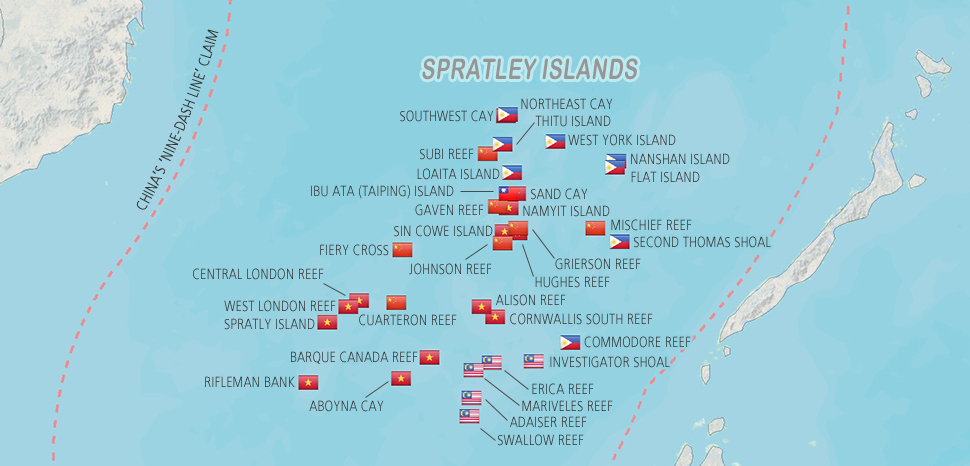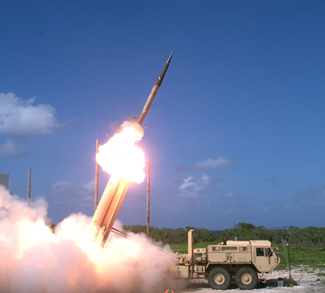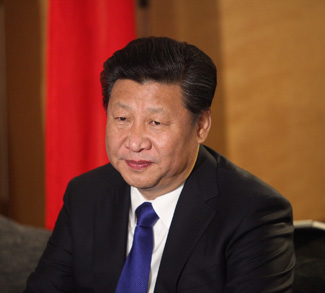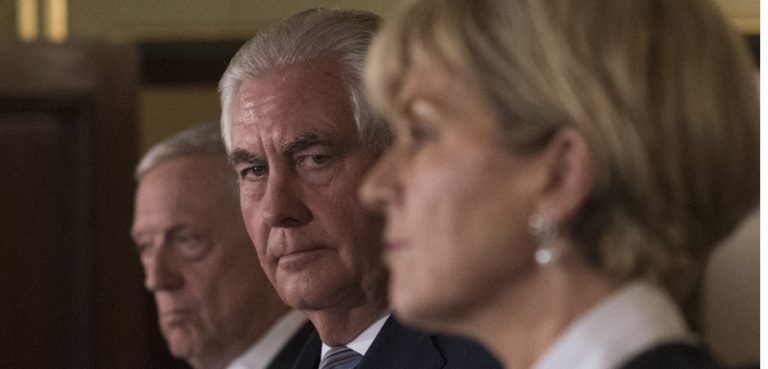In recent weeks, the stance of President Rodrigo Duterte on the South China Sea dispute appears to have undergone a remarkable about-turn. Having downplayed the row for most of his presidency, on 23 September Duterte said for the first time that he backs the 2016 arbitral ruling which legitimized the Philippines’ rights in the sea and declared China’s nine-dash line claim invalid. Philippine naval chiefs have since discussed creating a ‘maritime militia’ to deter Chinese boats in disputed waters, while in October Duterte lifted a six-year moratorium on energy exploration in the region.
These events signal an end to the Philippines’ broadly accommodative approach toward China, which had surprised many given that, during the 2016 election campaign, populist Duterte had pledged to personally defend the Philippines’ sovereignty by riding a jet-ski to the disputed islands and planting the Philippine flag. The controversial leader appears to have reverted to his original stance, yet his rhetoric this time round is noticeably more muted. The reasons for Duterte’s careful approach lie mainly in domestic politics—where growing demands to take on China are still tempered by the economic benefits of close ties with Beijing.




